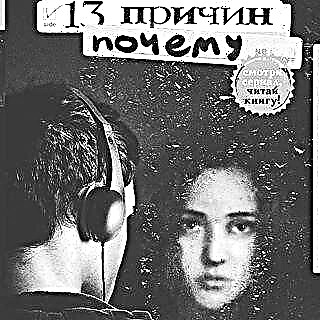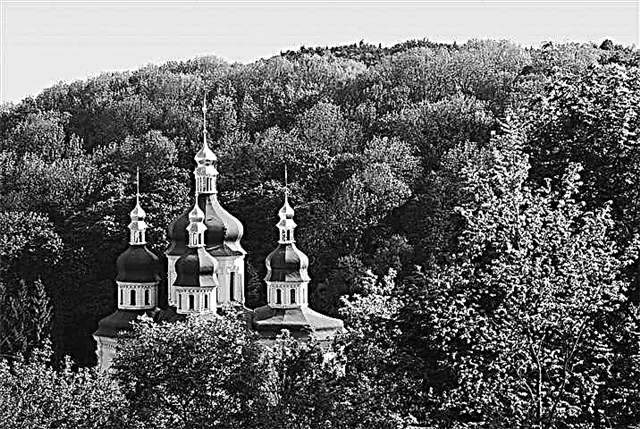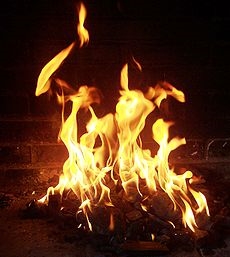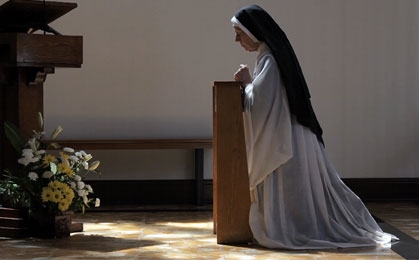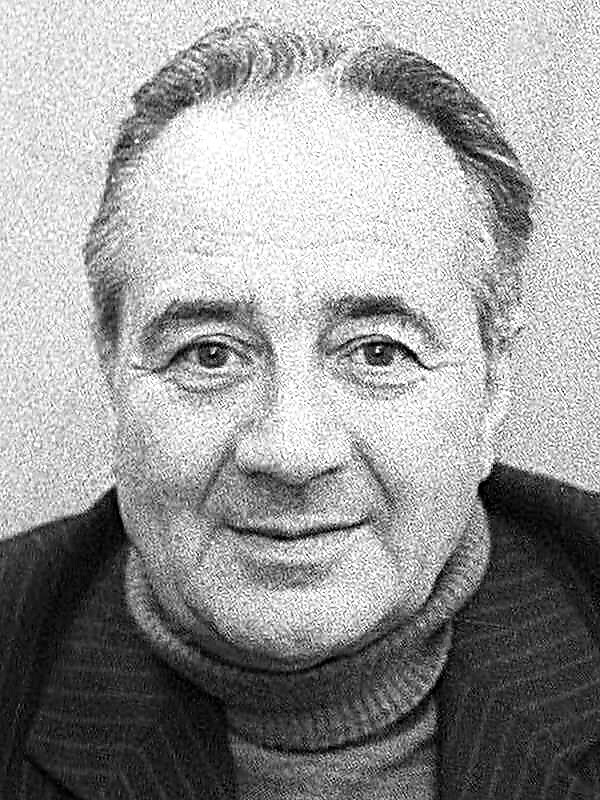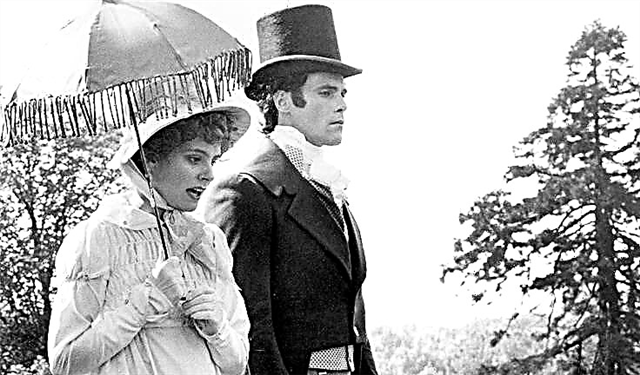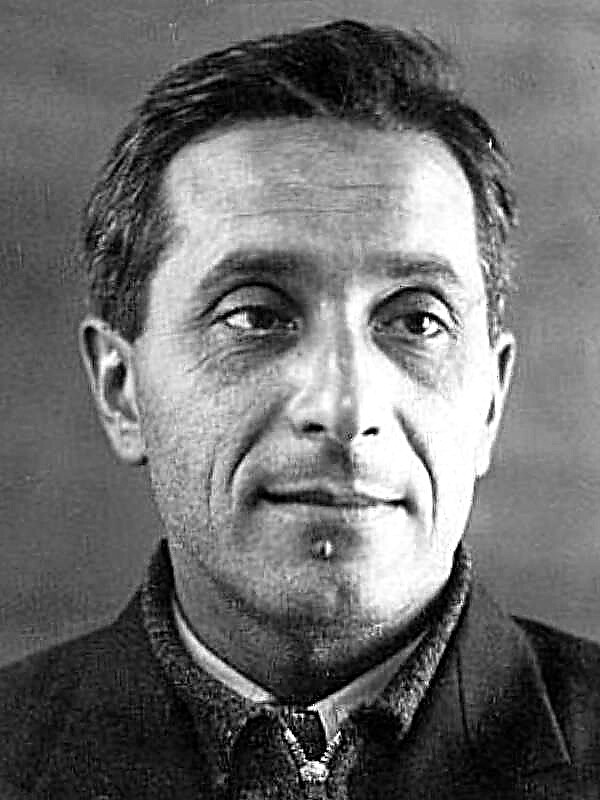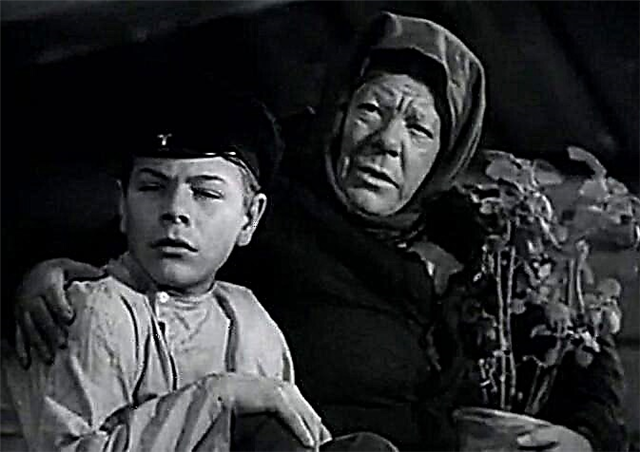(379 words) Dream is one of the most frequently exploited topics in world literature. However, devoting their works to the theme of the realization of a dream, writers have repeatedly wondered: "What is the difference between a dream and desire?" Consider some of the works in which the authors discussed the essence of the dream and its relationship with simple human desires.
So, in the poem of M. Yu. Lermontov “Mtsyri”, which tells about the Georgian novice, who escaped from the monastery, the theme of dreams is touched on. The hero dreams of seeing the places in which he spent his childhood, at least one last time. His daydream is the most important thing that exists for him, he discards all everyday everyday desires - he does not need rest, he even starves for the sake of fulfilling it. Usually people want peace and satisfaction of their needs, but Mtsyri lives on only one idea, it is that ideal for which he sacrifices life itself with all its temptations. The author distinguishes between the hero’s dreams and desires: a dream is something sublime, something for which it’s not a pity to waste oneself, and everything else is just a whim with which you can give up on the path to achieving an ideal.
Maxim Gorky in his work “At the Bottom” reveals the difference between dreams and desires on the other hand. His heroes are beggars who are on the verge of moral and physical decline, people whose thoughts and desires are low and destructive. Vasilisa wants to destroy her husband and for this he seduces the thief Vaska Pepla, whom he wants to persuade to kill, Vaska is tired of Vasilisa for a long time, and he takes care of her sister Natasha. The tick absolutely does not care about his wife Anna, who is on her deathbed and donates food to him, believing that she “no longer needs her”, although all she saw from her husband is “beatings and insults”, and the Actor drinks every day in a day. However, all of them are united by a common idea, still smoldering in the corners of their hardened hearts - the dream of a better life. The dream in the imagination of the heroes lives off of the hope that appears in the rooming house after the arrival of the compassionate elder Luke. It sometimes even contradicts the desires of the poor. For example, the Actor wants to get drunk, but the dream makes him think about the cure of alcoholism. That is, a dream is an ideal, the highest value, and desire is something mundane and concrete.
Thus, a dream is what guides a person and fills his life with an ideal that inspires a person. Desires are simply momentary urges of people who satisfy material and physiological needs. If daydreaming is a landmark, the light of a lighthouse for a ship, then desire is the preferences of sailors: good weather, rich catch and a warm dinner.

